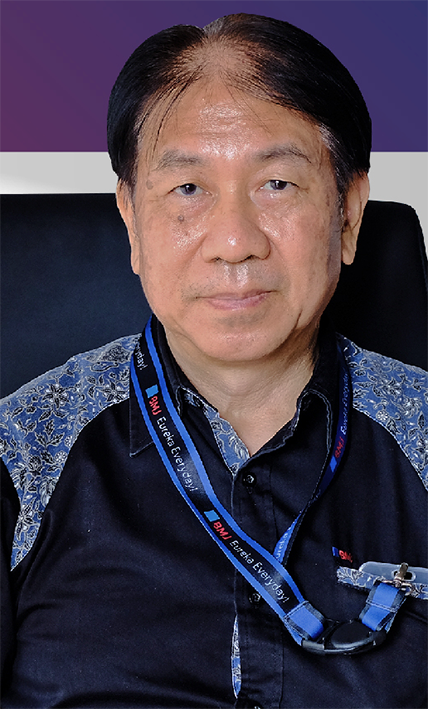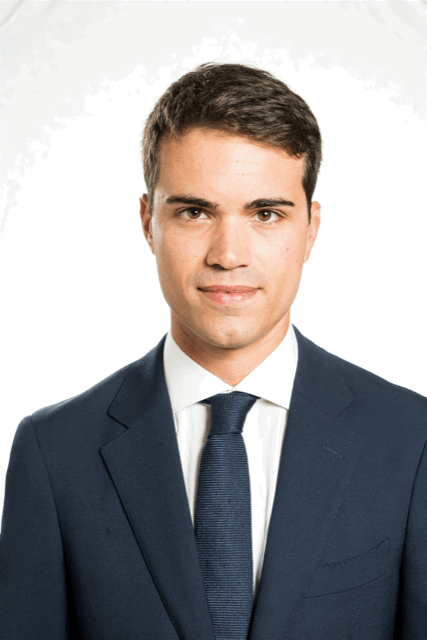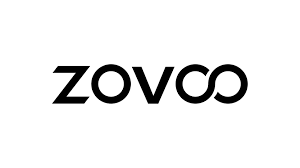
Time is running out for companies that want to keep their synthetic nicotine products on the market. Manufacturers of non-tobacco nicotine (NTN) products on the market as of April 14, 2022 that wish to continue to market their products are required to submit a premarket tobacco product application (PMTA) to the U.S. Food and Drug Administration by May 14, 2022.
The May 14 deadline is only for applicants submitting electronically, as required by the FDA. Applicants can, however, request a waiver from the FDA to submit a PMTA in a different format. An application submitted in hard copy must be received by FDA no later than 4:00 p.m. EDT on Friday, May 13.
The FDA received from the U.S. District Court of Maryland a 14-day extension to file the first premarket tobacco product application (PMTA) status reports required by the Court’s revised remedial order on April 29.
“The extension request is supported by good cause. Compiling the information needed for the status report has required considerable time and effort, and Defendants have been working with Plaintiffs to resolve any ambiguities about which applications will be covered in the status report,” the motion states.
The new law additionally provides that an NTN product with a tobacco-derived “previous version” that received a negative action on a PMTA from the FDA, such as a refuse to file or marketing denied order, may not continue to be marketed after May 14, 2022, without receiving a marketing granted order from FDA.
Such products must be removed from the market, even if a new PMTA is submitted, until the marketing granted order is received, according to the agency. Products on the market after July 13, 2022 without an FDA marketing granted order are in violation of section 910 of the FD&C Act and may be subject to FDA enforcement.
For products not on the market on April 14, 2022, a PMTA must be submitted to FDA and marketing authorization received before the product can be sold in the United States.



























 Shenzhen-based Aspire Global has applied to U.S. regulators to withdraw its New York Stock Exchange (NYSE)
Shenzhen-based Aspire Global has applied to U.S. regulators to withdraw its New York Stock Exchange (NYSE) 








